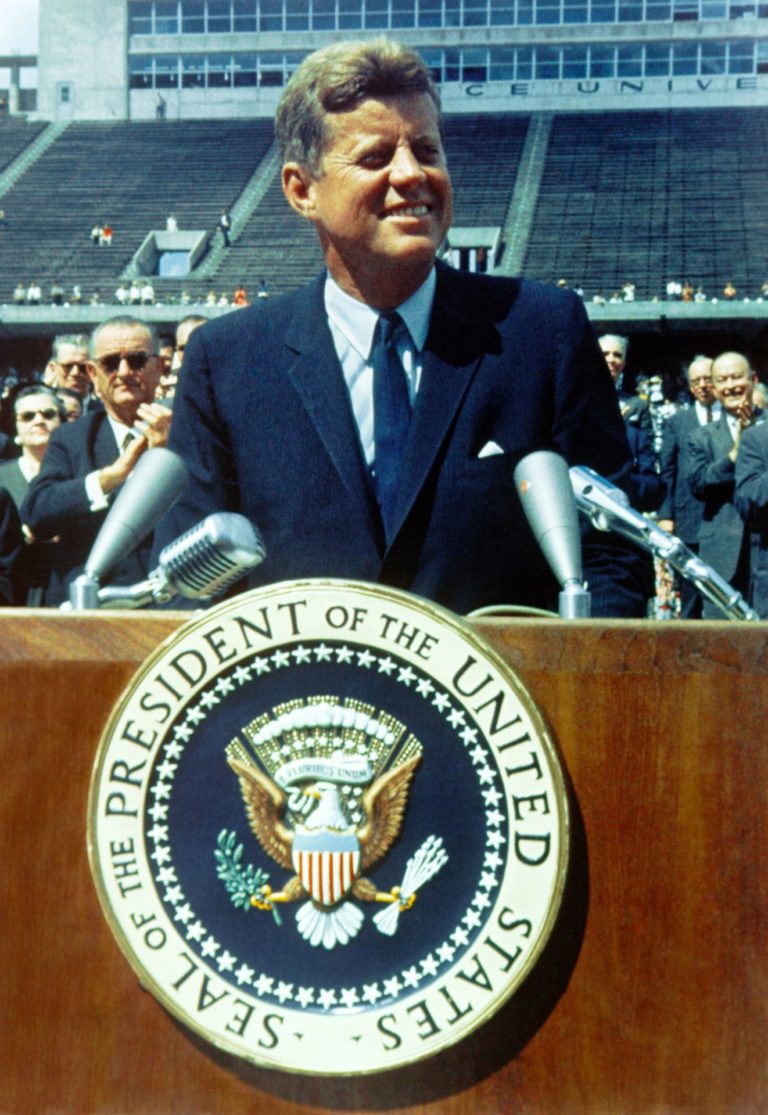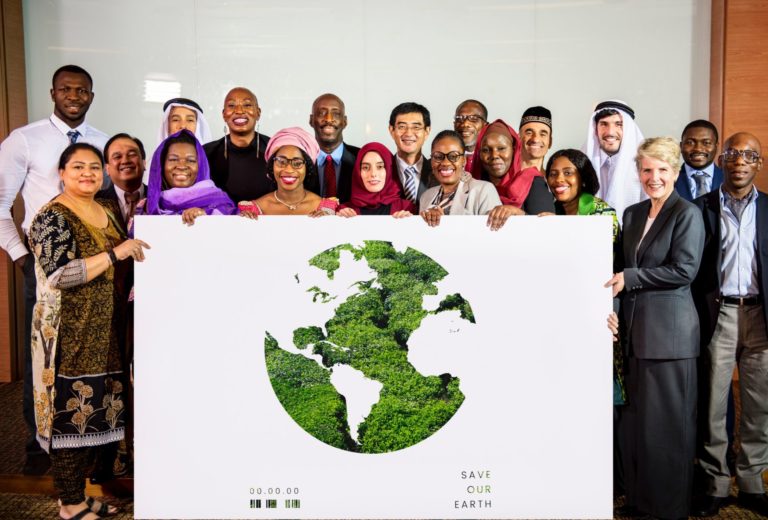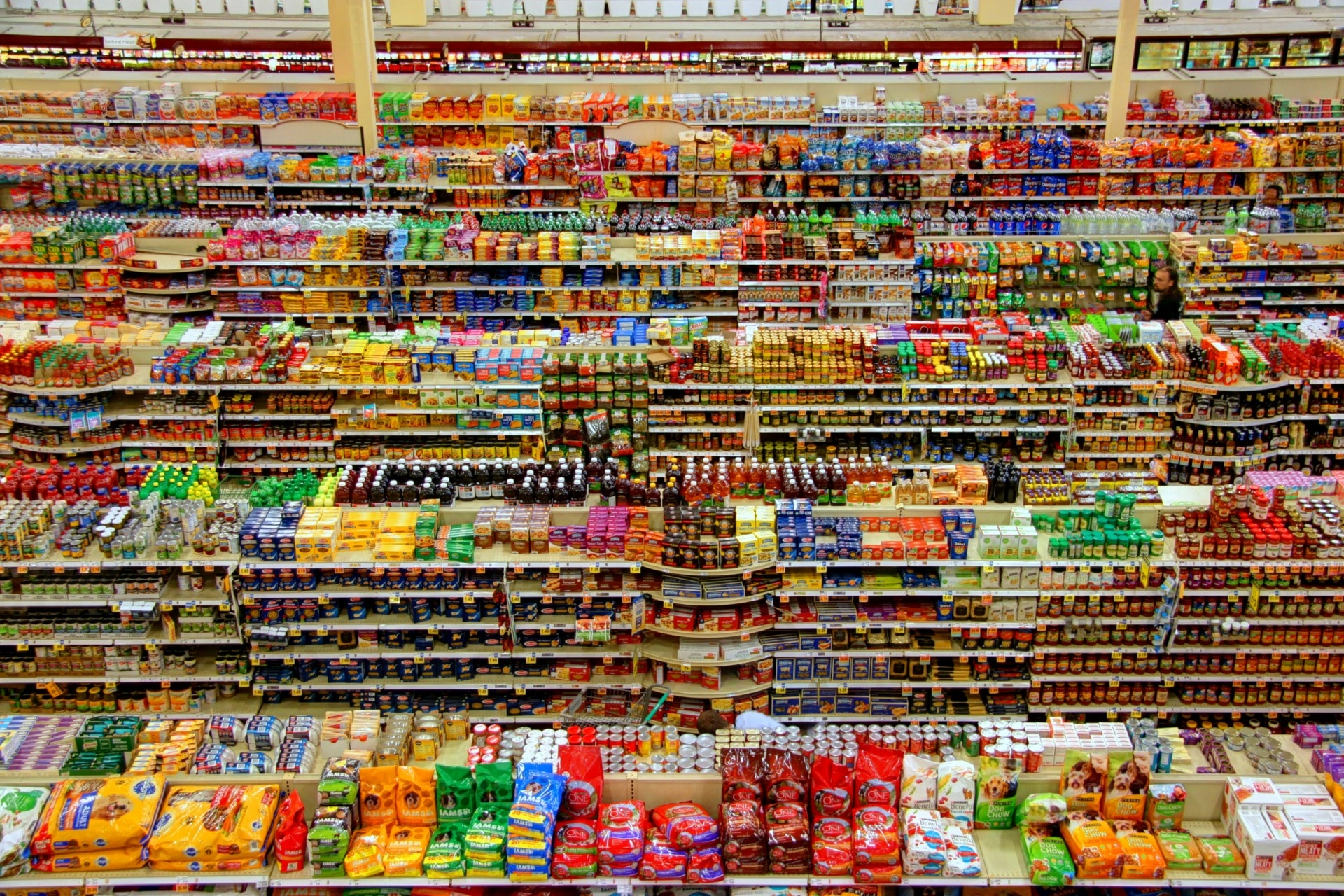Earth Ratings is currently crowdfunding on startnext.com/en/earthratings.
“A rising tide lifts all boats” was a phrase used to convince American voters that trickle-down economics works. Almost 60 years on, we should carefully consider the future of economic activity.

- The current rate of species extinction is the highest it has been since, as widely accepted theory puts it, a massive asteroid annihilated the dinosaurs. Rates of extinction are currently estimated to be 1,000 to 10,000 times higher than from natural causes, according to the Center for Biological Diversity.
- The World Health Organization (WHO) estimates that 92 percent of the global population currently breathes polluted air.
- As temperatures increase, global sea levels are steadily rising, reports the National Ocean Service.
- Inequality has been increasing steadily. Oxfam notes that 82 percent of all wealth created (in 2017) went to the top one percent, and nothing went to the bottom 50 percent.
So, the ocean is dead and polluted, the tide is regularly flooding shorelines and most boats either aren’t seaworthy or don’t have enough space for everyone to get in. Even though the economic activities over the last few centuries have increased the living standards of many people, continuing along the same lines will — quite literally — kill us.
Since the industrial revolution political systems have been seen as the only true means of bringing about change. Although history has shown that revolutions are effective, they can be very messy. At the same time making a cross on a piece of paper once every four years can hardly be considered adequate participation in an age of instant communication.
Politics moves slowly and can be temperamental. In addition, young people seem to have lost faith in the effectiveness of a voice that often asks us to choose the lesser of two evils. Nevertheless, western education demands that citizens vote for their choices, even if only once every couple of years. If you don’t vote, you have no right to expect change.

The likely success of American candidacies in almost every election can be correlated to the amount of money they spent on their campaigns. Even if this is not the only deciding factor, truth is that a hopeful candidate will not win if she doesn’t have the substantial financial backing required to see the race through to the end. If economics has such a significant influence on our political system, should we not somehow also vote on economic matters?
The fact is that economics is much more effective than politics in many ways. Economics has been designed to cross borders, whereas politics has been a much more localised construct. Economic activity is able to bring together people of different ethnicities, religious beliefs and nationalities under a common cause and do so quickly, as opposed to the months or years it takes for policies to be formulated and implemented.

We expect a lot from politics and the institutions that make the system function. Accountability, ethical behaviour and the ability to take action against wrongdoers are at the core of gaining the trust of citizens. Why then, if our politics are so undeniably permeated by economic influence, do we not demand the same basic traits of economic players?
“[…] The power of markets is enormous, but they have no inherent moral character.”
— Joseph Stiglitz, The Price of Inequality.
There is a simple fact that is generally omitted from our western, capitalistic education: our responsibility to pursue economic activities that correspond to our moral values. Just as we are compelled to support political institutions that are aligned with our personal beliefs, we must realise that every time we spend money, we vote on what kind of ethical values we support. The fact that most businesses operate on a global scale effectively means we are voting on what kind of world we want to see.
Online commerce in Europe and the US alone was estimated to have generated more than €800 billion in revenue in 2017. If all that money was spent on truly ethical businesses the impact would be profound. We are talking about very significant amounts of money. More than any political system will be able to generate without a serious crisis or a serious war.
Even if this sounds overwhelming at first, when you realise how much you are able to change by voting many times a day for what type of world you want to live in, you see that the change is actually quite easy. How easy is it to spend money? That’s how easy it is to vote.

In case you are thinking that this sounds too easy to be true, then you would be right (at least partially). This way of exercising your power goes much further than just flashing your credit card. What about the company that you work for? What about that new supplier? That investor? What values do they represent? Would you take those values back home with you? Can you apply those values to a social context that is close to your heart?
When asking myself how I can make a positive change in the world, I realised that I first needed to figure out what I am currently doing to keep the world the way it is. If you knew that the mobile phone you see, so impeccably advertised, contains materials that were mined by a twelve-year-old boy with a gun pressed to his temple, would you still want to buy it? The chances are extremely high that you already own something that has been made involving slave labour or another destructive form of manufacturing, whether you like to admit it or not.
Just as we should not vote for politicians who do nothing to detect and root out corruption, so we should not give money to businesses that don’t care if their supply chains involve human rights abuses and environmental destruction. If you buy something without considering how it was made you are voting that you don’t care if people are abused and the environment is destroyed. Would you apply that same vote just as equally and without deeper consideration to your own neighbourhood? The global village is more real than most of us think.
So, what is the problem here? There are three main points to consider:
- Information: colloquially known as CSR reporting, the need to disclose the environmental and social impact on global operations has always been an afterthought. The importance of reporting is undeniable and written about extensively elsewhere. The issue to highlight is the fragmented nature of the global CSR reporting environment and how this increases the difficulty with which normal consumers can determine how well (or badly) a company is doing. It has taken many long years and considerable effort to bring financial reporting together and the process is not yet completed. The EU is currently drafting non-financial guidelines, but the lobby is strong with this one. This brings me to the second point.
- Many companies have not realised the value that is contained in a business ethos fully invested in ethical behaviour. Not only does it add to the customer journey if done correctly, it also improves relationships with all stakeholders. People want to work for a company where they can practice the same values as they do at home. People want to know that the person who made their goods is able to live a happy life.
- Complexity: global supply chains are complex, involve many actors and have been generally driven to be as lean as possible by short-term value decisions. A significant barrier for any consumer to overcome before making an informed choice is the intricate journey of any product, further obscured by the non-standardised reporting formats of the available social and environmental information. If you look at enough sustainability reports, you cannot be blamed for thinking that obscuring CSR data is a strategic reality for many consumer businesses.
Editor’s Picks — Related Articles:
 “Platform Capitalism: The Economy of the Future?”
“Platform Capitalism: The Economy of the Future?”

“What are the Alternatives? Community Challenges to Capitalism”
The central question is whether you want to continue supporting the value system that has gotten us into this mess or if you believe that we can make a change — and that your behaviour must be a part of that change. I believe we can. Not tomorrow, but today. I’m not necessarily talking about throwing a Molotov, I’m talking about changing things from the inside. Removing the barriers towards a more informative and ethical consumer market will significantly drive demand for the right products and reward the right business principles.
The next time you spend money on something ask yourself what kind of world you are supporting. The next time you are looking for a business partner or an employer, think about what that choice says about you. When that’s done, all we have left is to work on is making that choice clear, easy and, if we’ve really got them smarts, maybe even a little bit of fun.














